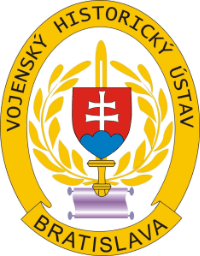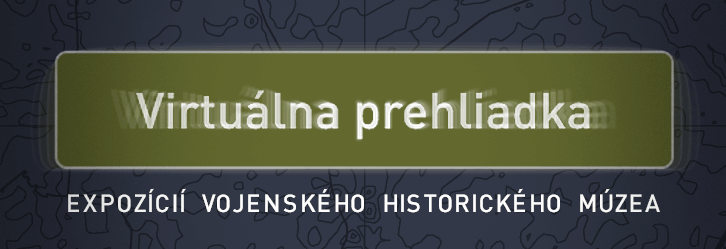Vojenstvo a náboženské rituály v antickom Grécku. II. časť
Militarism and Religious Rituals in Ancient Greece. Part II.
Autor: NOVÁKOVÁ Lucia
NOVÁKOVÁ, Lucia – ROHÁČ, Peter. Vojenstvo a náboženské rituály v antickom Grécku. II. časť
NOVÁKOVÁ, Lucia – ROHÁČ, Peter. Militarism and Religious Rituals in Ancient Greece. Part II.
Vojenská história, 23, 2, 2019, pp. 7-35.
Second part of the study deals with sacrifice and signs as a camouflage, i.e. either downright frauds of the military leaders or adaptation thereof to their own intentions, with the aim to positively influence the ethics of their battalions. What was particularly important were the natural and astronomical phenomena considered as divine signs. These included mainly the Moon and Sun eclipses as well as earthquakes which often paralysed the military activity and usually resulted in stopping or postponing the military campaigns. An irreplaceable position in the Greek army was also held by the oracles who often intervened in the battle directly. They could also influence the military affairs by interpreting dreams, mainly in the case of dreams of military leaders and other significant personalities. Sacrifice and interpretation of signs before the battle itself played an important role. Especially the Spartans did not go into battle until favourable sacrificial signs were revealed to their king. Often, these were the sacrifices of the sfagia type, the king could repeat until the requested signs appeared.
Keywords: Military History. Ancient Greece. Sacrifice Frauds, Natural and Astronomic Signs, Pre-battle Sacrifices and Signs
DOI: https://doi.org/10.69809/vojhist.2019.23.2.1
Ročník: 23 | Číslo: 2/2019 | Stránky: 7-35












